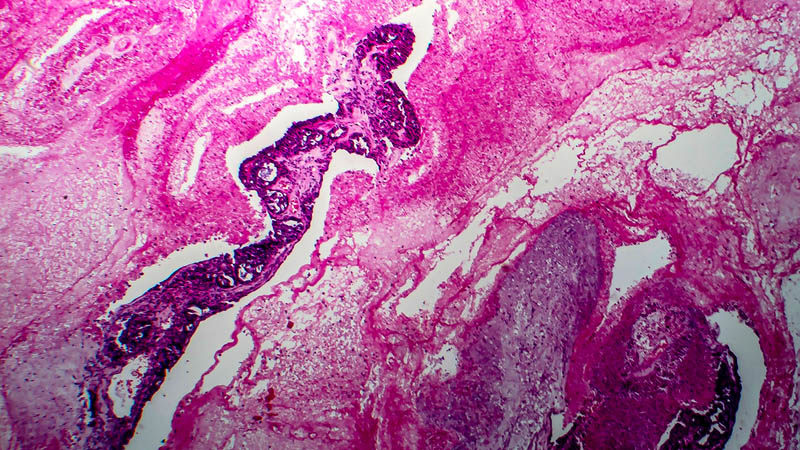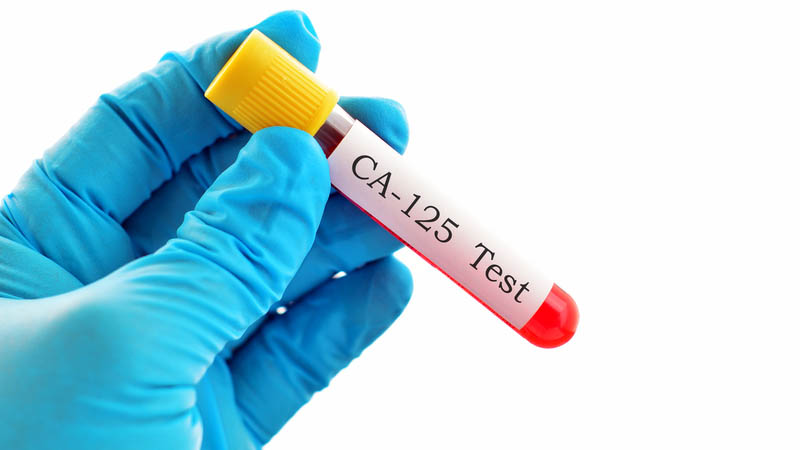Palliative care in advanced breast cancer
Tatiana Pietrzyńska1, Ewa Podwińska2, Anita Olejek3, Jacek Zamłyński3, Sebastian Turek4
 Affiliacja i adres do korespondencji
Affiliacja i adres do korespondencjiBreast cancer is currently one of the most frequent malignant neoplasms in Polish women. Since the ‘80s of past century, breast cancer is the leading cause of mortality in women aged 40-59. Patients are usually admitted to the stationary palliative care facilities in a far advanced stage of neoplastic disease originating primarily in the breast and are mostly in a poor general condition. Their overall condition is a resultant of development and severity of the tumour itself with possible distant metastases, coexisting diseases, as well as late complications of cause-oriented or palliative treatment implemented. In the setting of palliative treatment, the primary goal is relief of pain, according to the recommendations of the so-called “analgetic ladder”, conforming with general principles of analgetic management. This consists in determination of cause of pain, evaluation of its type and severity, regular pace of administration of analgetic drugs, careful titration of dose of strong analgetics, oral administration of drugs, as this is the most physiologic and recommended route of administration, if only the patient can tolerate it. An important issue is also to relieve other bothersome ailments, both somatic, mental, spiritual and social. According to the WHO definition, palliative care ensures the patients a comprehensive and active care, improves their quality of life and, when justified, includes all oncologic therapeutic modalities. In the setting of palliative care, oncologic treatment aims at arresting or slowing-down of development of primary tumour and metastatic foci, thus improving the patient’s comfort and quality of life, obviously taking into account current state of the patient and toxicity of drugs.









